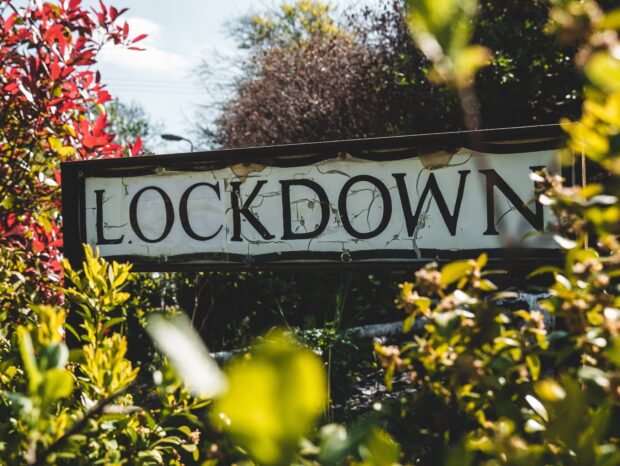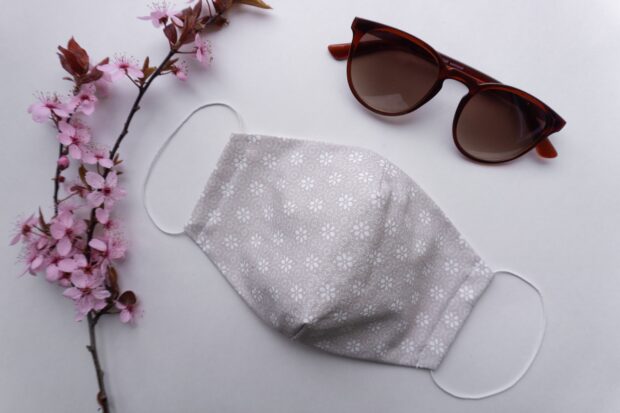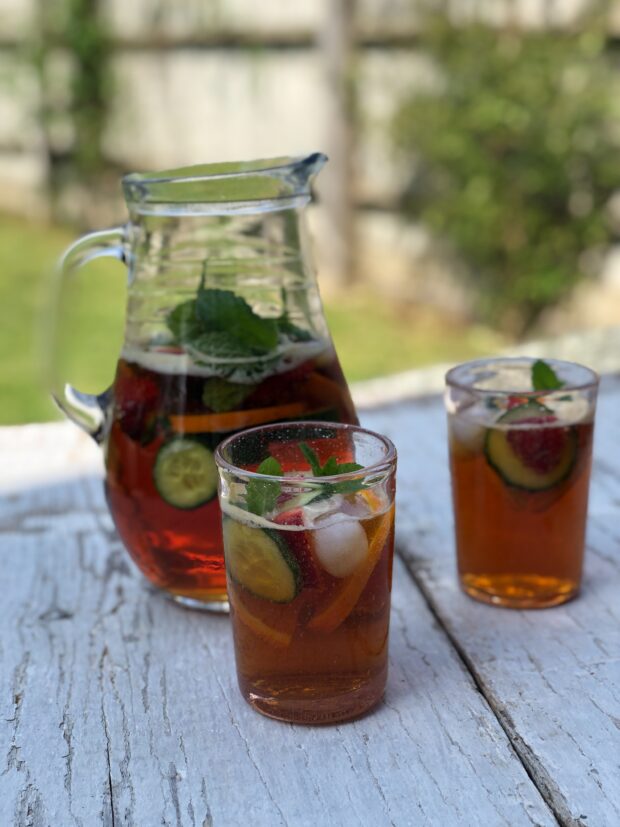 The end of lockdown has not been officially announced yet, but for the past few weeks the UK has been juddering towards a new phase, with fewer restrictions. In the next month, thousands of children will go back to school, many shops will reopen, and socially distanced gatherings will be allowed.
The end of lockdown has not been officially announced yet, but for the past few weeks the UK has been juddering towards a new phase, with fewer restrictions. In the next month, thousands of children will go back to school, many shops will reopen, and socially distanced gatherings will be allowed.
It’s quite hard to find two people with the exact same opinion on this. However, for people considered particularly vulnerable to the virus, as many of us with arthritis are, there’s a lot more to it than simply choosing which friend you’re going to meet up with first.
What should you do if you’re shielding until the end of June, but your child’s class is going back to school now? When offices reopen, will it be safe for you to go in? How should you respond if your friends are planning a six-person meet-up, but you’re not sure how well they’ll stick to social distancing after that sixth can of beer?
I would love to give you the answers to these questions, but in all honesty, it doesn’t seem like anybody really knows.
Because of this uncertainty, it can be especially difficult for us, as young people with chronic illnesses, to know how to feel about these changes.
Throughout the crisis, we’ve heard a lot of mixed messages because of who we are. You’re young? Great – you’ll probably stay healthy! You should be getting out there and volunteering! Go and pick some fruit! You have a chronic illness? You could become critically ill! Don’t leave your house! Wear a mask – no wait, don’t wear a mask – actually maybe do wear a mask…
 All of that is on top of the normal worries that young people are likely to have been experiencing since lockdown started: missing friends, having to cancel travel plans, missing out on the end of school or university, struggling with rent, the list goes on.
All of that is on top of the normal worries that young people are likely to have been experiencing since lockdown started: missing friends, having to cancel travel plans, missing out on the end of school or university, struggling with rent, the list goes on.
With all of that, you’d probably expect us to be jumping for joy at the thought of it all finally coming to an end and ‘normal life’ resuming, even if in a limited way.
Unfortunately, it’s become clear over the past few weeks that lockdown will end long before the pandemic does.
You may really want to see your friends this summer, but are now watching them make plans that you’re not sure you can safely join in with. You may have to stay on furlough, hang back on job applications, keep your relationship on hold, or continue to have others run your errands for you, all while knowing that other people your age are picking back up with life.
It’s not just a fear of missing out, it’s a fear of being left behind. It wasn’t so bad when everyone was stuck indoors, but as restrictions ease off faster than the virus does, we might not be ‘all in this together’ for much longer.
There’s no magical solution to all of this. All we can really do is support charities like Versus Arthritis and Arthur’s Place as they appeal for more clarity and guidance for people like us, and to stay as safe and as sane as we can.
Most of all, we can still be kind to ourselves. It is absolutely okay to dread the end of lockdown. After months of being told you’re likely to die if you catch the virus, it’s not unreasonable to feel scared at the prospect of going back to work, seeing friends or nipping into Primark. It’s also okay to feel angry or jealous when Keith from down the road tells you you’re too young to die of coronavirus right after announcing the latest street party.
Personally, I’ve been finding it hard to view the end of lockdown with anything but dread. When it was announced that my older sister’s boyfriend would be able to go back to work and that my younger sister would be going back to school, I had a sick feeling in my stomach which, for a while, I didn’t understand.
And then I realised.
For the past few months I have barely left my house at all. Apart from a couple of essential trips to the pharmacy, I haven’t been to any public places. It’s been drummed into me that home = safe, and away from home = dangerous.
That fear isn’t going to go away overnight, but now it looks like the protective bubble we built around our family is about to spring some leaks.
 At the same time, the idea that my friends and family may be able to see each other and do things before I can is really upsetting. I miss them, and I miss my life as a 22-year-old in London. And I don’t know what to do – I don’t know what’s safe and what isn’t for me.
At the same time, the idea that my friends and family may be able to see each other and do things before I can is really upsetting. I miss them, and I miss my life as a 22-year-old in London. And I don’t know what to do – I don’t know what’s safe and what isn’t for me.
This is the situation that many of us are now finding ourselves in. These feelings don’t make us bad friends or bad people; they simply make us human.
That isn’t to say that we should demand that our friends don’t see each other unless we can join in, or that any kind of relaxation of the restrictions is totally off the table for us. But in terms of emotions, we’re allowed to feel however we like about the end of lockdown.
This may be the most negative-sounding blog post I’ve ever written. Even more scandalously, I haven’t used any lists. Let me be clear: these worries don’t mean that I’m not still actively trying to find ways to fill my days at home, or that I’m not fantasising regularly about when I’ll finally get to drink a real Pimms in a beer garden. (It will happen, even if I have to wait until December and sit there in my coat).
Still, right now, things seem scarier and more confusing than ever. So don’t beat yourself up if you’re not 100% excited every time a lockdown restriction is eased. You’re not a killjoy, you’re a human being living in a strange time – nothing you feel is wrong.
If you are feeling anxious and unsure about what you are safe to do, then we would recommend you get in touch with your GP, consultant or specialist nurse to help you assess your personal risk.
- The latest official Government advice on shielding is available here: Guidance on shielding and protecting extremely vulnerable persons from Covid-19
- For the latest Versus Arthritis information on assessing your risk, click here: https://www.versusarthritis.org/covid-19-updates/covid-19-assessing-your-risk/
- For mental health and wellbeing resources to help you through the coronavirus crisis, click here.
